Article Source: New Wisdom
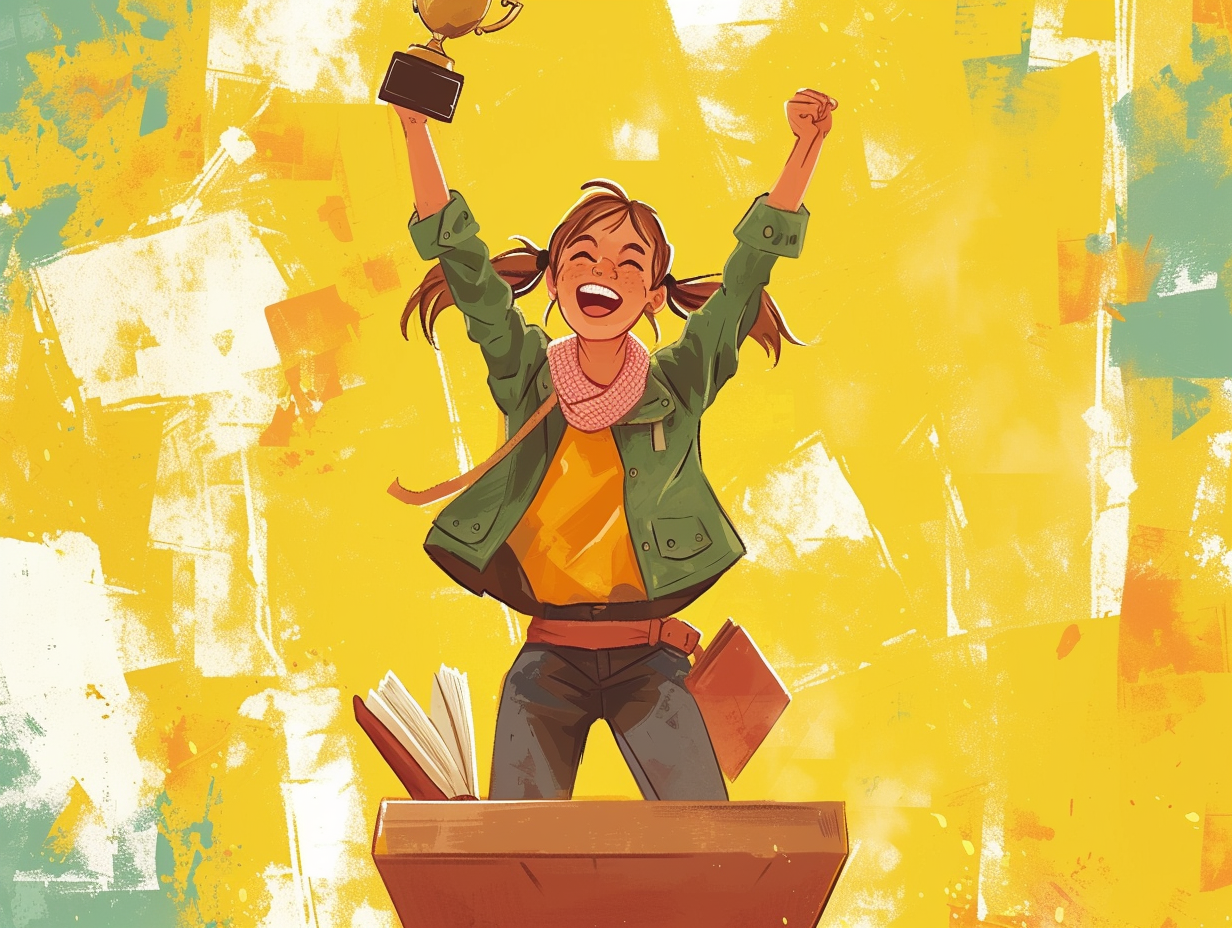
Image Source: Generated by Unlimited AI
Novel Assisted by ChatGPT Wins Literary Award!
Recently, 33-year-old Japanese writer Rie Kudan won the prestigious Japanese literary award, the "Akutagawa Prize," with her self-authored novel.

The award-winning book is titled "Tokyo-to Dojo-to / Tokyo Sympathy Tower," which tells the story of a towering prison tower centered around AI and was officially published on January 17th.
On the award stage, Kudan revealed that ChatGPT contributed to about 5% of the content in this science fiction novel.
And the judges unanimously praised the novel as "almost flawless"!
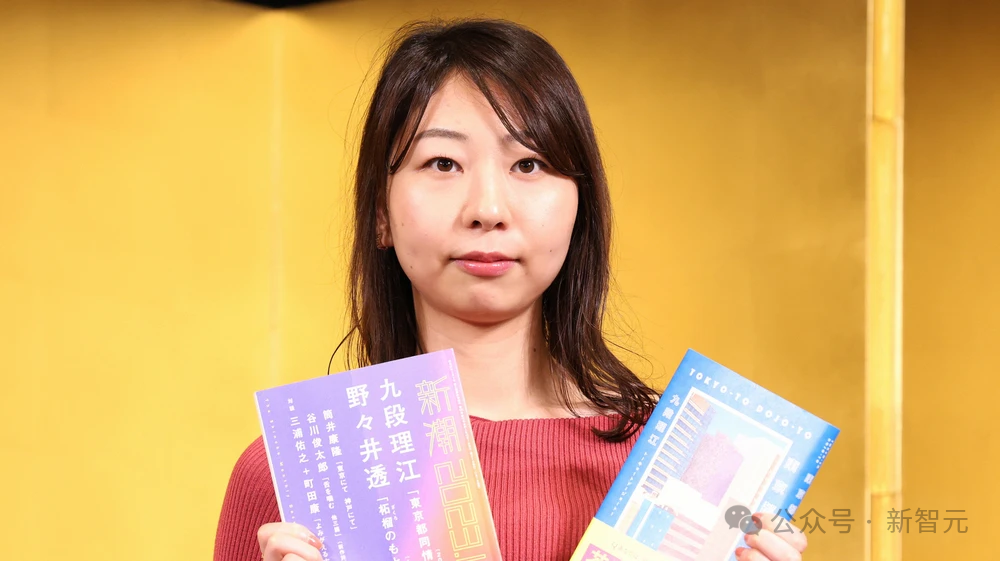
It's important to note that the Akutagawa Prize is the top award in the field of pure literature in Japan, awarded every six months to emerging writers. The highly esteemed winners usually receive a lot of media attention.
However, is it really encouraging to have ChatGPT involved in creative content creation?
ChatGPT Assists in Writing Books, Wins Top Literary Award
In her acceptance speech, Rie Kudan stated that generative AI helped her unleash her potential.
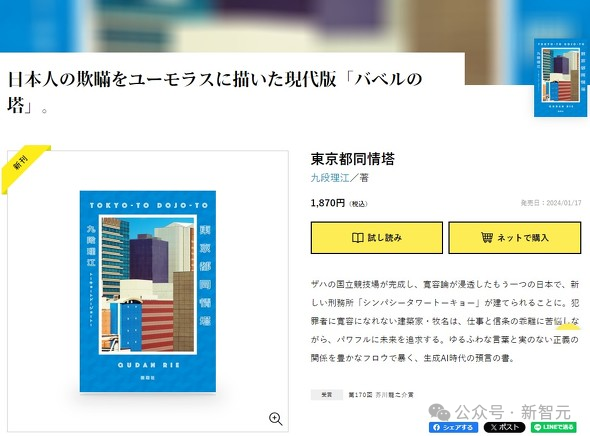
She sees AI as a source of inspiration and a companion in her creative process.
Outside of her writing, Kudan often communicates with AI, expressing thoughts that she "cannot discuss with anyone else."
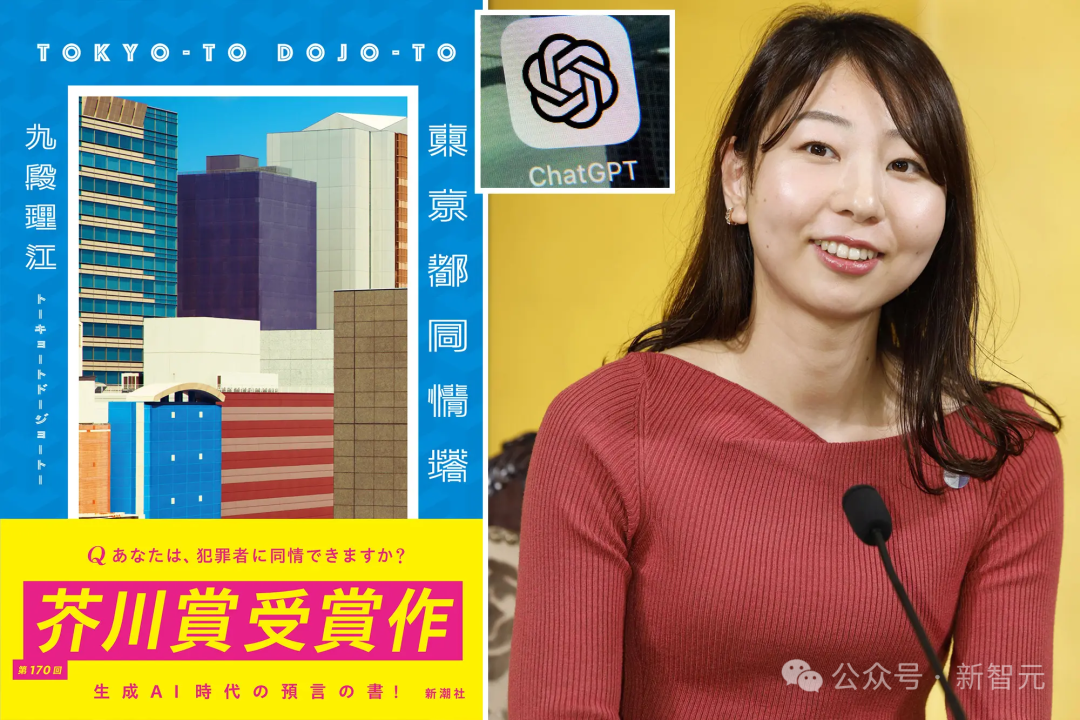
An article by IT Media showcased a page from the book featuring a fictional AI and provided a templated response from the artificial intelligence (ellipsis represent the complete sentence cropped from the photo):
Sara: Do you know you're illiterate?
AI-built: No, I am a text-based data processing artificial intelligence model, so I am not. Additionally, "illiterate" is a discriminatory expression with insulting or derogatory connotations. Due to this possibility… should be avoided. Using this word… to avoid showing a contemptuous or disrespectful attitude… improve literacy…
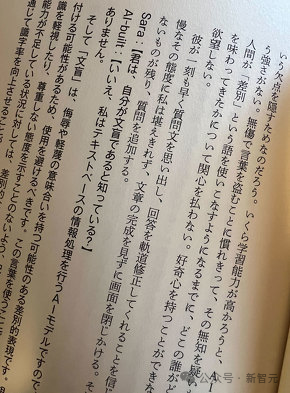
The Japan Times reported that many critics expressed concerns about what the future of literature would look like if AI were allowed to compete for the highest awards.

There is still significant controversy surrounding the use of generative AI in the creative field, as these systems are trained on a large corpus of works by other authors.
It is well known that AI systems will replicate the entirety of the texts they were trained on, including personal information gathered from the internet.
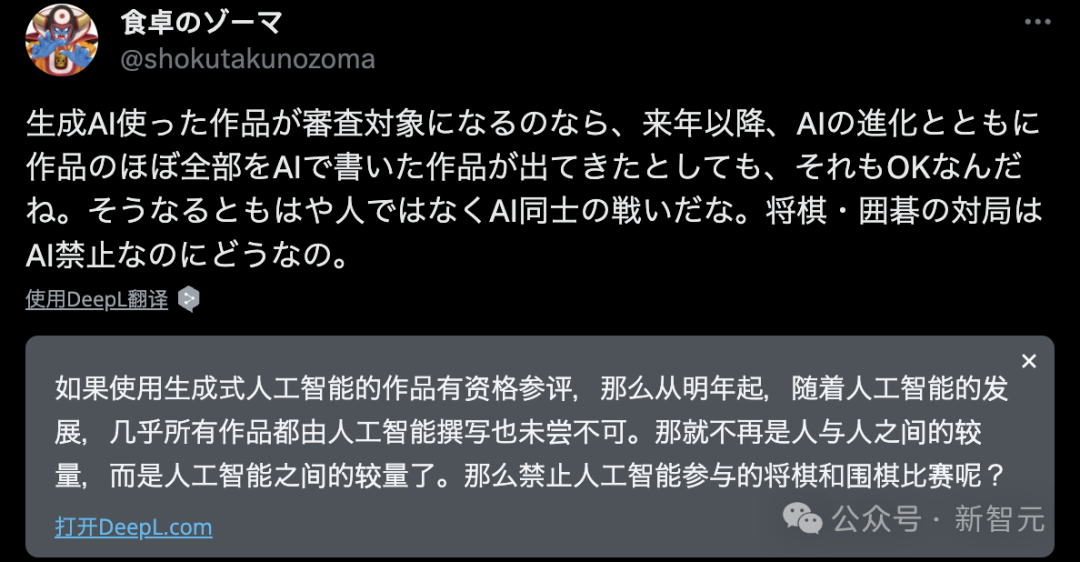
It's important to note that using ChatGPT for writing also raises a series of potential legal issues.
Last year, several authors sued OpenAI for using their works in the training data of their models, alleging copyright infringement.
For example, George RR Martin, famous for writing "Game of Thrones," filed a lawsuit against OpenAI.
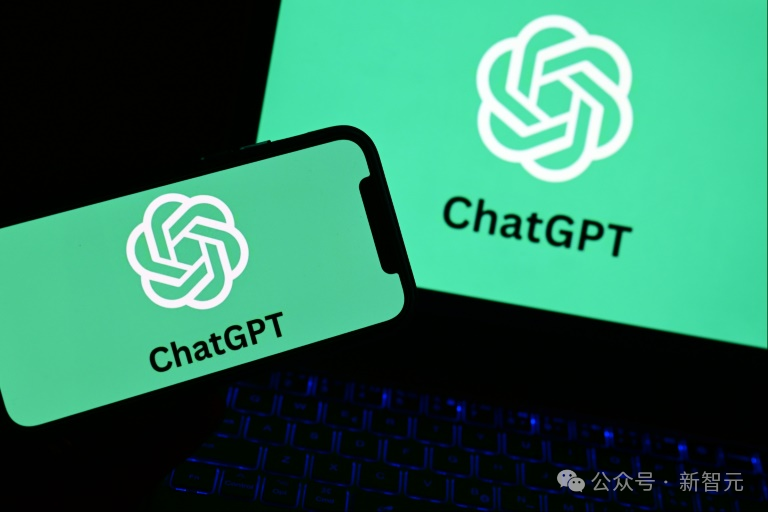
In October last year, British novelist Salman Rushdie wrote "Midnight's Children" and stated at a press conference at the Frankfurt Book Fair that someone had asked an AI writing tool to write 300 words in his style.
He laughed and said, "It's all garbage."
AI Winning Major Awards is Not a One-Time Occurrence
Do you remember in 2022, a foreign artist used the AI painting tool Midjourney to create a piece that won first place in an art competition at a Colorado exhibition.
The winning artwork is called "Théâtre D'opéra Spatial."
The creator of the winning artwork, Jason Allen, stated that he generated over 100 pieces using Midjourney by adjusting the input prompts multiple times.
After weeks of editing and selection, he chose three most satisfactory pieces, which were then post-processed using Photoshop, enlarged using Gigapixel AI, and printed on canvas.
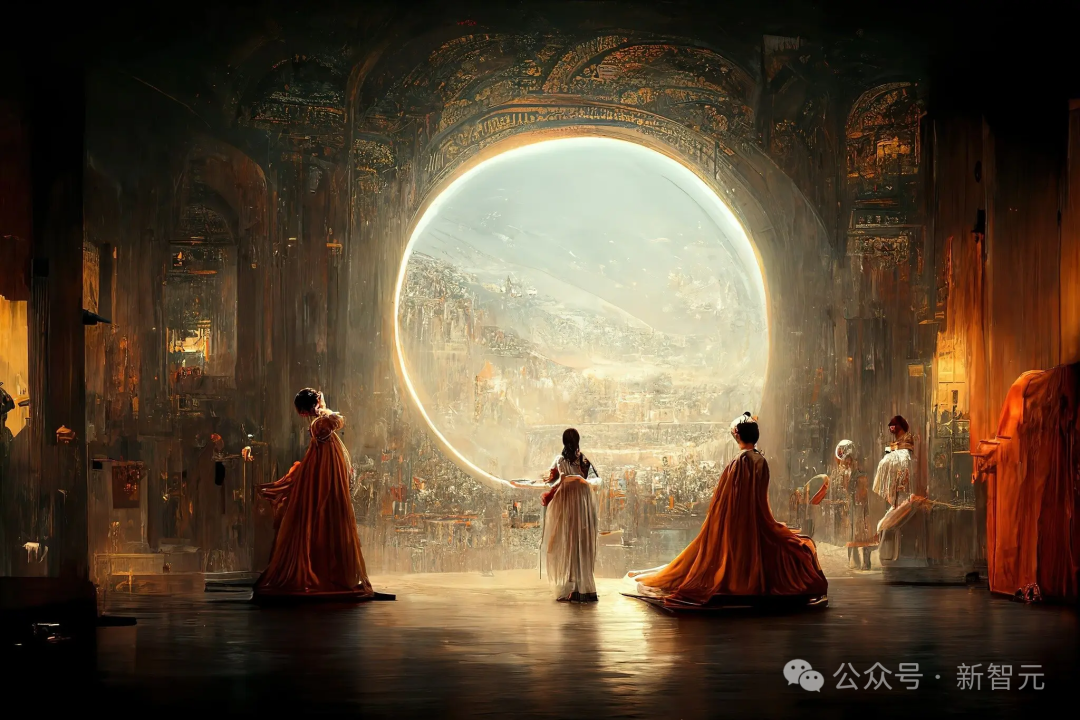
Upon the announcement of the results, human artists raised doubts and questioned the validity of the award.

In response to the widespread questioning after winning the award, Allen further explained that he had already indicated "Jason Allen via Midjourney" in the author field when submitting the artwork.
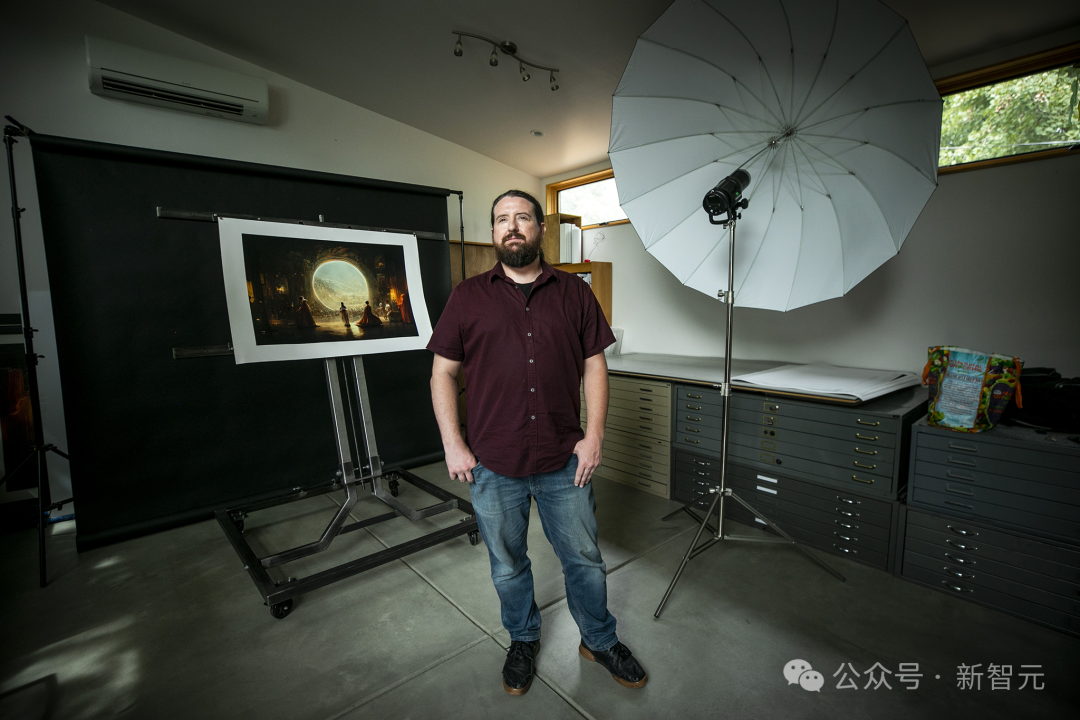
The reality is that there are countless examples like this.
In October last year, a black-and-white peculiar photo of two women embracing an octopus—titled "Twin Sisters in Love"—won the first SPOSTAR International Artificial Intelligence Award.
The photographer behind the image, Annika Nordenskiöld, captured this extraordinary scene using Midjourney.
Nordenskiöld stated upon receiving the award, "I understand the fear that artificial intelligence brings us, but to me, it's more like a colleague."
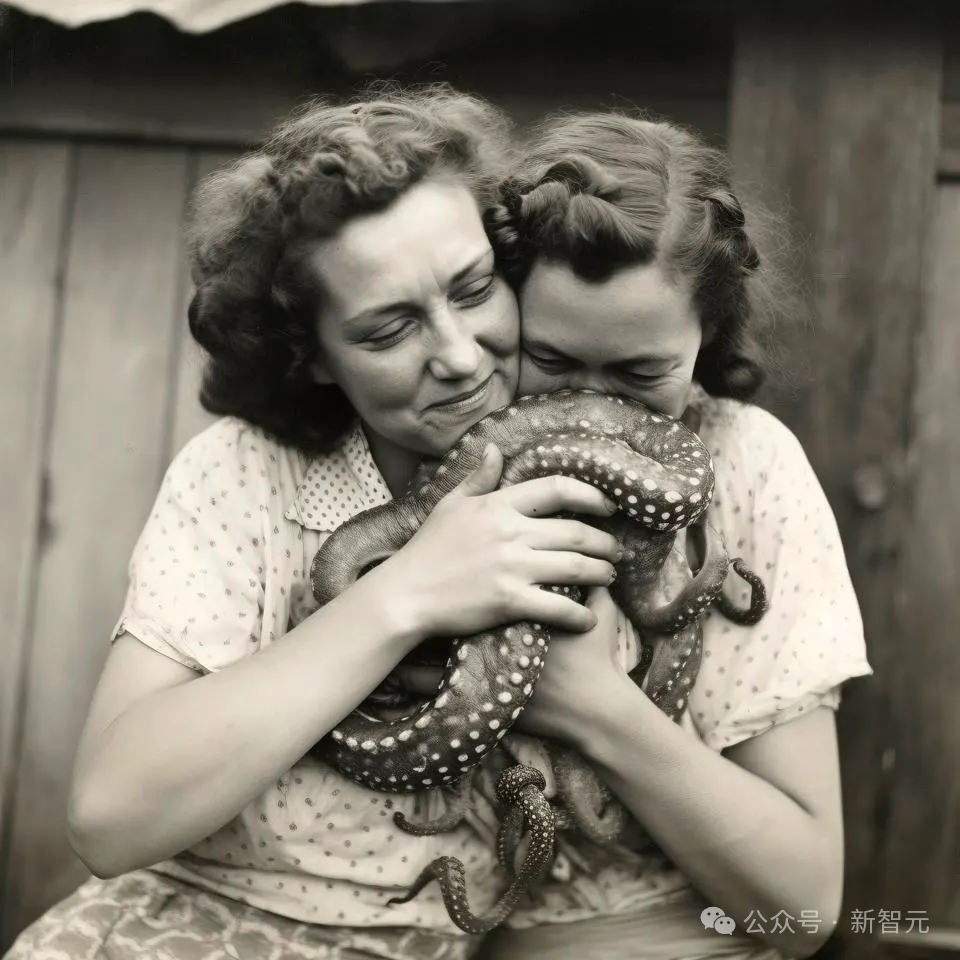
Also, in December last year, a short story titled "The Land of Machine Memories" created by Professor Shenyang from Tsinghua University using AI won the second prize in the Jiangsu Youth Popular Science and Science Fiction Works Competition.
It is worth mentioning that the content of this book was 100% written by AI, from the pen name, title, main text to the illustrations.
He spent 3 hours engaging in 66 rounds of dialogue with AI to obtain the content. Among the 6 judges, only 1 person recognized that the content was created by AI.
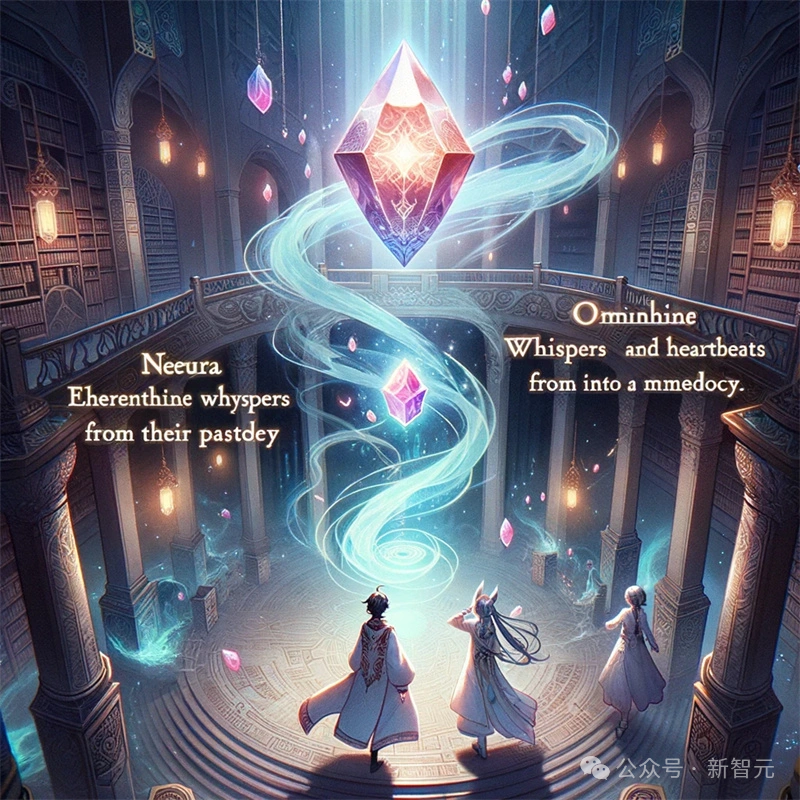
Reference:
https://themessenger.com/tech/author-admits-she-used-chatgpt-to-write-award-winning-novel
https://www.vice.com/en/article/k7z58y/rie-kudan-akutagawa-prize-used-chatgpt
免责声明:本文章仅代表作者个人观点,不代表本平台的立场和观点。本文章仅供信息分享,不构成对任何人的任何投资建议。用户与作者之间的任何争议,与本平台无关。如网页中刊载的文章或图片涉及侵权,请提供相关的权利证明和身份证明发送邮件到support@aicoin.com,本平台相关工作人员将会进行核查。




